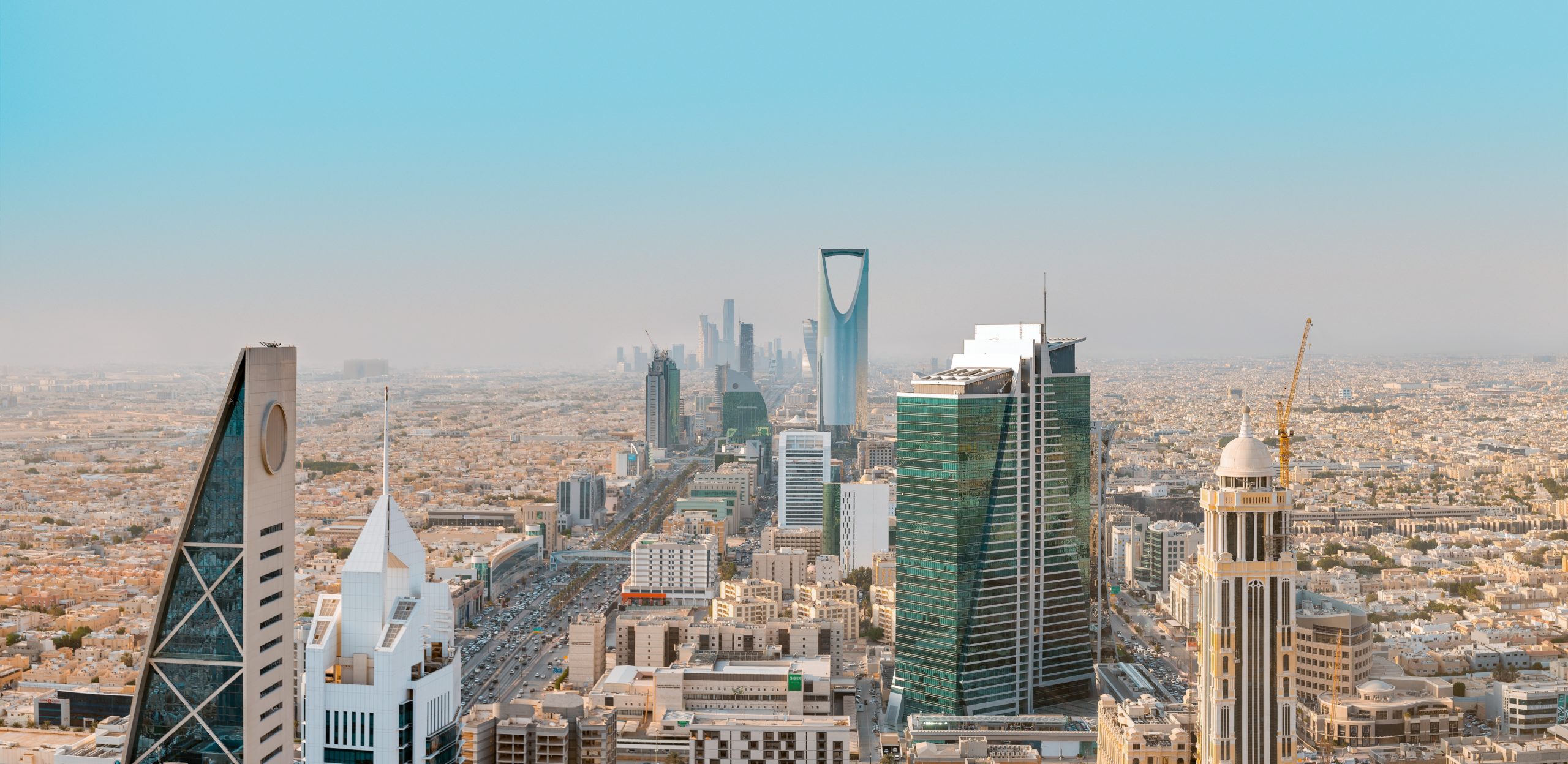Saudi Arabia says it should be a part of any potential negotiations between the incoming U.S. administration and Iran on a new nuclear deal, Foreign Minister Faisal bin Farhan Al-Saud told CNBC.
Saudi Arabia seeks to partner with the U.S. administration on a potential new agreement, which would not only limit Iran’s nuclear activities but also seek to address its “regional malign activity,” Al-Saud told CNBC’s Hadley Gamble on Saturday.
Such an accord could be labeled the “JCPOA++,” he added. The JCPOA, or Joint Comprehensive Plan of Action, is a 2015 agreement between Iran and world powers which limited the country’s nuclear ambitions in exchange for the lifting of sanctions. The original agreement was signed by the five permanent members of the United Nations’ Security Council — China, France, Russia, the U.K. and the U.S., plus Germany.
President Donald Trump withdrew the United States from the JCPOA in 2018, calling it the “worst deal in history.” Since then, his administration has placed crushing sanctions on Iran, dubbed the “maximum pressure campaign.”
These sanctions have caused Iran’s rial to depreciate by one-fifth of its former value against the dollar, and the country’s gross domestic product (GDP) has shrunk by around 6% for three consecutive years.
Other signatories to the 2015 accord have stood by the agreement, but there is talk that a renegotiated pact could be on the cards, with more pressure on Iran over missile programs and other regional issues. A new agreement has been touted as a “JCPOA+” — that is, like the original deal but with more conditions attached.
Such an agreement could go even further, Al-Saud believes, saying that a “JCPOA++” deal could also seek to address Iran’s reported “arming of militias, whether it’s the Houthis in Yemen, or certain groups in Iraq or in Syria, or Lebanon, and even beyond.”
“And, of course, its ballistic missile programs and other arms programs, which (it) continues to use to spread havoc around the region,” Al-Saud added.
CNBC has contacted Iranian officials for a response to Al Saud’s comments and is yet to receive a reply.
Saudi’s foreign minister emphasized the long-standing partnership his country has with the United States and that he would work with any administration. Al-Saud reiterated, however, that should the incoming president wish to re-engage with Iran, Saudi Arabia should be a “partner in those discussions.”
“The issue with Iran is the fact that it continues to believe in imposing its will in the region on exporting its revolution to its neighbors and beyond, and we need to address that,” he claimed, speaking to CNBC from NEOM, a megaproject and new planned city on Saudi Arabia’s northwest Red Sea coast. Saudi Arabia is hosting world leaders, virtually, at the Group of 20 (G-20) summit in Riyadh this weekend.
Regional rivalries
Neighbors Saudi Arabia and Iran are locked in a decades-old struggle for regional dominance. Saudi Arabia is a majority Sunni country while Iran is home to a Shia Muslim majority.
Trump leaned into Gulf allies Saudi Arabia and the United Arab Emirates during his tenure, while his predecessor, Barack Obama, sought to normalize relations with Iran and create the nuclear deal. Trump’s exit from the JCPOA was applauded by America’s allies in the Gulf, and was widely seen as a shift in U.S. policy in the region.
The U.S.′ attitude toward Iran could change with an incoming administration, however. President-elect Joe Biden hopes to re-engage with Iran once in the White House and rejoining the nuclear agreement is a top priority for his incoming administration. The Trump administration is set to sanction Iran further as his presidency comes to an end, which could make Biden’s rapprochement with Iran more challenging.
Meanwhile, the new administration’s relationship with Saudi Arabia could be harder to predict.
Biden has criticized human rights violations by Saudi Arabia and has said he would re-assess ties with the kingdom, having threatened in 2019 to stop arms sales to the nation and to make them, what he described, “the pariah that they are.”
In October, when marking the two-year anniversary since the death of Jamal Khashoggi, a Saudi journalist who was murdered in the Saudi consulate in Istanbul in 2018, Biden went further in detailing how U.S.- Saudi Arabia relations could develop. He noted in a statement that “under a Biden-Harris administration, we will reassess our relationship with the Kingdom, end U.S. support for Saudi Arabia’s war in Yemen, and make sure America does not check its values at the door to sell arms or buy oil.”
“America’s commitment to democratic values and human rights will be a priority, even with our closest security partners,” he added.

